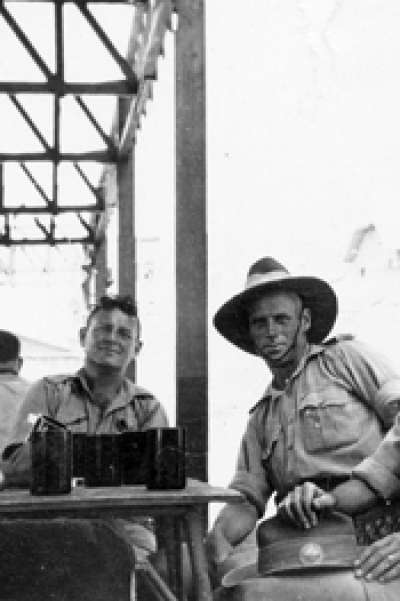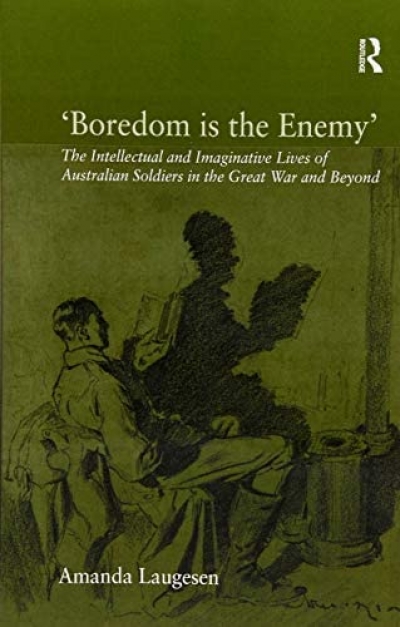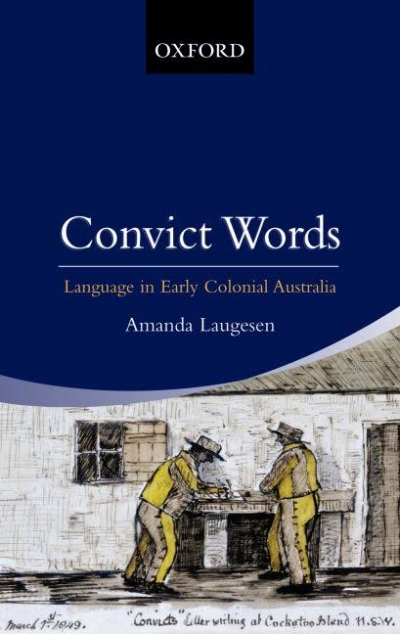W hat book would you want to read in hell, or in one of humanity’s remarkably competent imitations of it? Tristram Shandy seemed about right to one young Yorkshireman who reached the Western Front in 1915. A year later he found an anthology for soldiers edited by Robert Bridges, the poet laureate, but it seemed so lofty in purpose, so earnest in its morality, and so abstract in its idealism that it simply wilted in the mud and blood. When World War II began, the Yorkshireman, now famous as the poet and art critic Herbert Read, assembled his own sturdier anthology, The Knapsack (1944), mixing Spinoza with Edward Lear. Read’s little volume seemed perfectly pitched to William Loh, a Western Australian soldier in New Guinea in 1943, where ‘hardship and boredom walked hand in hand’, films and concert tours rarely reached the front line, and newspapers and precious letters from home arrived far too late, or so Loh complained. He suggested getting an Australian version of Read’s book to the troops. Just give it a different title, he advised: ‘Knapsacks are too bulky up here.’
...
(read more)



